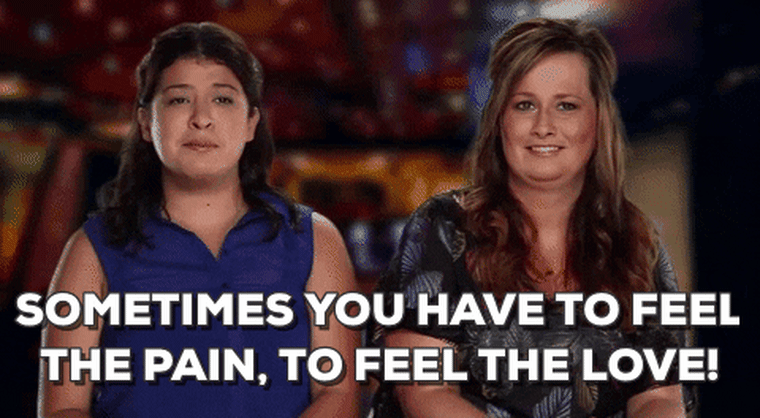The Federal Reserve, led by chair Jerome Powell, is taking a cold-hearted turn in its effort to stem inflation.
Powell has gotten more vocal in recent weeks about the need for the economy to sustain some “pain” as a result of increasing interest rates, which is effectively the only tool the Fed has to stem inflation. The conceit is that raising interest rates will decrease the money in circulation and, in turn, lower prices. And the obvious downside to decreasing the money in circulation is that it may lead to a recession.
On Wednesday, Powell essentially admitted that's a price the Fed might be willing to pay in order to bring prices down.
“No one knows whether this process will lead to a recession or if so, how significant that recession would be,” he claimed during a news conference on Wednesday. He said “the chances of a soft landing” — that is, a solution that avoids a recession — “are likely to diminish” as the Fed continues to increase interest rates.
In other words:

To be clear, Powell and the Federal Reserve are making a political choice by raising interest rates to "break" inflation. Many economists question whether it's even possible to do that in a meaningful way by hiking interest rates, because of the many factors contributing to inflation — like the pandemic and Russia's invasion of Ukraine — that are largely out of the United States' control.
But The Intercept’s Ken Klippenstein has done a good job of documenting Powell’s conservative economic beliefs, including his repeated statements claiming wages are currently too high. Powell is a Republican, so it isn’t exactly a surprise he’s proposing hiking interest rates with abandon. This, after all, would primarily benefit wealthy people who already have money while making it harder for poor and middle class people to borrow. And a recession would go a long way toward breaking some of the burgeoning labor movements we’ve seen gain traction in recent years.
But Powell hasn’t always been this publicly supportive of the idea a recession might be necessary to “fix” the economy (that is, fix it in the way conservatives want it to operate: with low wages, high workforce participation and high production).
In March, Powell said the economy was strong enough to sustain interest rate hikes without slipping into a recession. But in an interview just two weeks ago, he seemed to soften that stance with his claim that the hikes won’t lead to a deep recession similar to the one the U.S. experienced after hiking interest rates to stem inflation in the 1980s.
Now, Powell is clearly trying to prepare the public for the potential scenario that the Fed’s interest rate hikes hurl us into a recession. And for the pain — his word — the country will surely face as a result of the fed’s decision.
It doesn't take an economist to know that the chair of the Federal Reserve's callous approach to curbing inflation is a bad omen.
Related:
